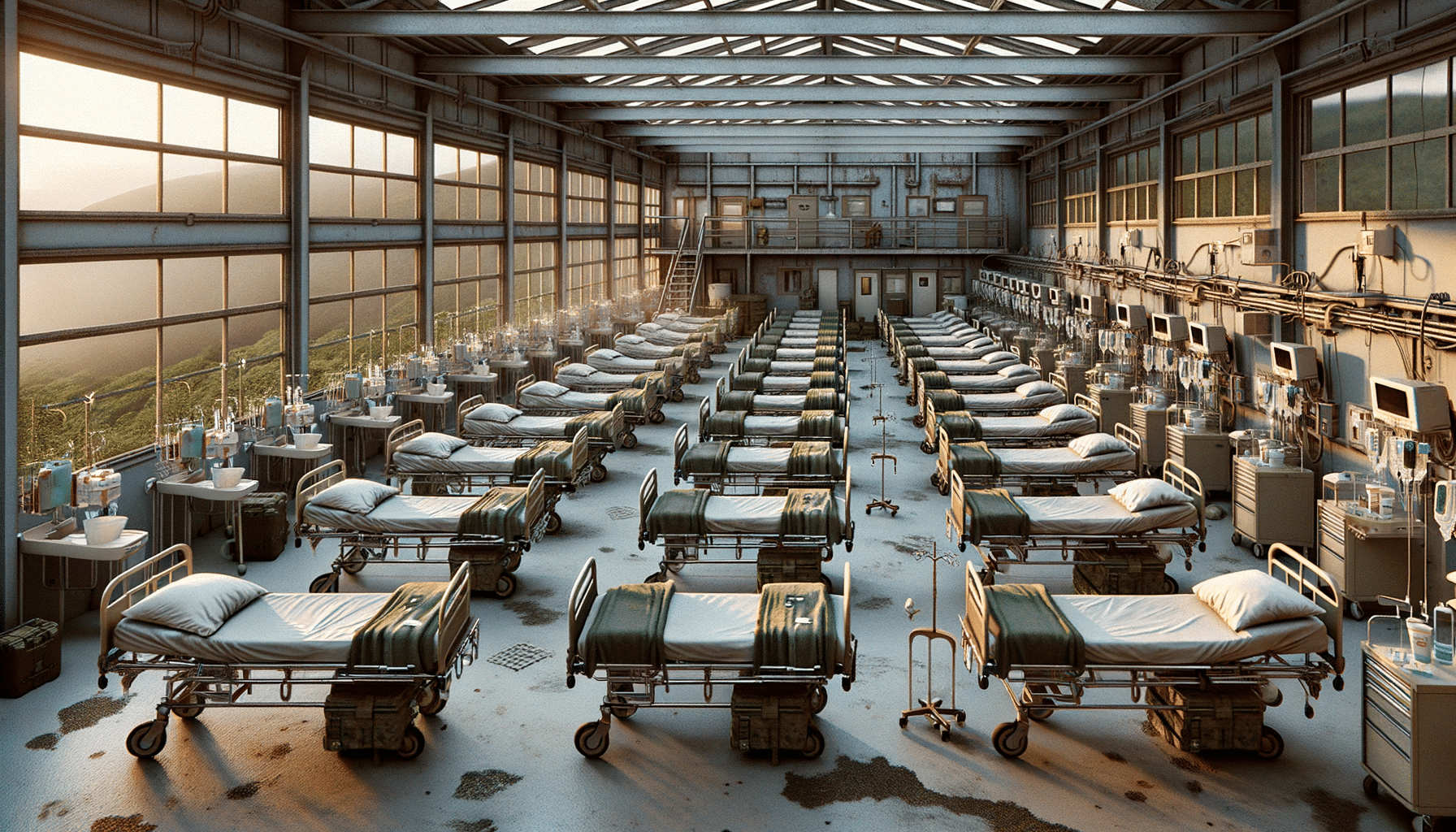
Exploring Military Nurse Programs: A Pathway to Service and Healthcare Excellence
Introduction to Military Nurse Programs
Military Nurse Programs are designed to equip nurses with the skills necessary to excel in both the healthcare field and military service. These programs offer a unique opportunity for individuals to serve their country while pursuing a career in nursing. The dual nature of these programs allows nurses to gain unparalleled experience in diverse settings, from hospitals to field environments. Discover essential components of military nurse programs, which blend rigorous academic training with military discipline and values. This combination not only enhances clinical skills but also instills a strong sense of leadership and resilience.
These programs are crucial in preparing nurses to handle the challenges of military healthcare, where they may be required to provide care in high-pressure situations. The training received in these programs is comprehensive, encompassing both the theoretical and practical aspects of nursing and military service. This article delves into the various facets of military nurse programs, highlighting their significance and the opportunities they present for aspiring military nurses.
Key Components of Military Nurse Programs
Military Nurse Programs are structured to provide a holistic education that includes both nursing and military training. Students in these programs receive instruction in advanced medical procedures, emergency care, and trauma management, tailored to meet the demands of military settings. Discover essential components of military nurse programs, which include:
- Academic Excellence: The curriculum is designed to ensure a thorough understanding of nursing principles and practices.
- Military Training: Participants undergo basic military training to develop physical fitness, discipline, and leadership skills.
- Field Experience: Nurses are exposed to real-world military healthcare environments, preparing them for deployment scenarios.
- Interdisciplinary Approach: Collaboration with other military professionals is emphasized, promoting teamwork and communication.
These components ensure that graduates are not only proficient nurses but also capable military officers, ready to serve in various capacities. The blend of nursing education and military training equips them with the adaptability and resilience needed to thrive in challenging situations.
Advantages of Pursuing a Military Nursing Career
Choosing a career in military nursing offers numerous advantages that extend beyond traditional nursing roles. One of the primary benefits is the opportunity to serve the nation while advancing one’s professional skills. Military nurses often have access to cutting-edge medical technologies and training, which enhances their clinical expertise. Additionally, military nursing provides:
- Career Advancement: Opportunities for growth and specialization are abundant, with pathways to leadership roles.
- Educational Benefits: Many programs offer scholarships and financial assistance for further education.
- Job Security: The demand for skilled military nurses remains high, ensuring stable employment.
- Global Experience: Military nurses may be stationed around the world, offering a unique cultural and professional experience.
The combination of these benefits makes military nursing an appealing career choice for those looking to make a significant impact both in healthcare and in service to their country.
Challenges Faced by Military Nurses
While military nursing is rewarding, it also presents a unique set of challenges. Nurses in this field must be prepared to work in high-pressure environments, often with limited resources. The nature of military operations means that nurses may be deployed to conflict zones or areas affected by natural disasters. Some of the challenges include:
- Stressful Conditions: Providing care in combat or disaster situations can be mentally and physically taxing.
- Separation from Family: Long deployments can lead to extended periods away from loved ones.
- Adapting to Diverse Environments: Nurses must be flexible and willing to adapt to various cultural and environmental conditions.
- Continuous Training Requirements: Ongoing education and training are necessary to keep skills current and meet military standards.
Despite these challenges, many military nurses find the experience fulfilling and view it as an opportunity to grow both personally and professionally. The skills and resilience developed in this role are invaluable and often lead to successful careers post-military service.
Conclusion: The Impact of Military Nurse Programs
Military Nurse Programs play a vital role in preparing nurses to meet the demands of military healthcare. These programs offer a unique blend of academic and military training, equipping nurses with the skills necessary to provide exceptional care under challenging conditions. By combining nursing education with military discipline, these programs foster a generation of healthcare professionals who are not only skilled but also committed to service and leadership.
For those considering a career in military nursing, these programs offer an unparalleled opportunity to serve the nation while advancing their professional goals. The experiences gained through military nursing are diverse and impactful, providing a foundation for a rewarding career in both military and civilian healthcare settings.


